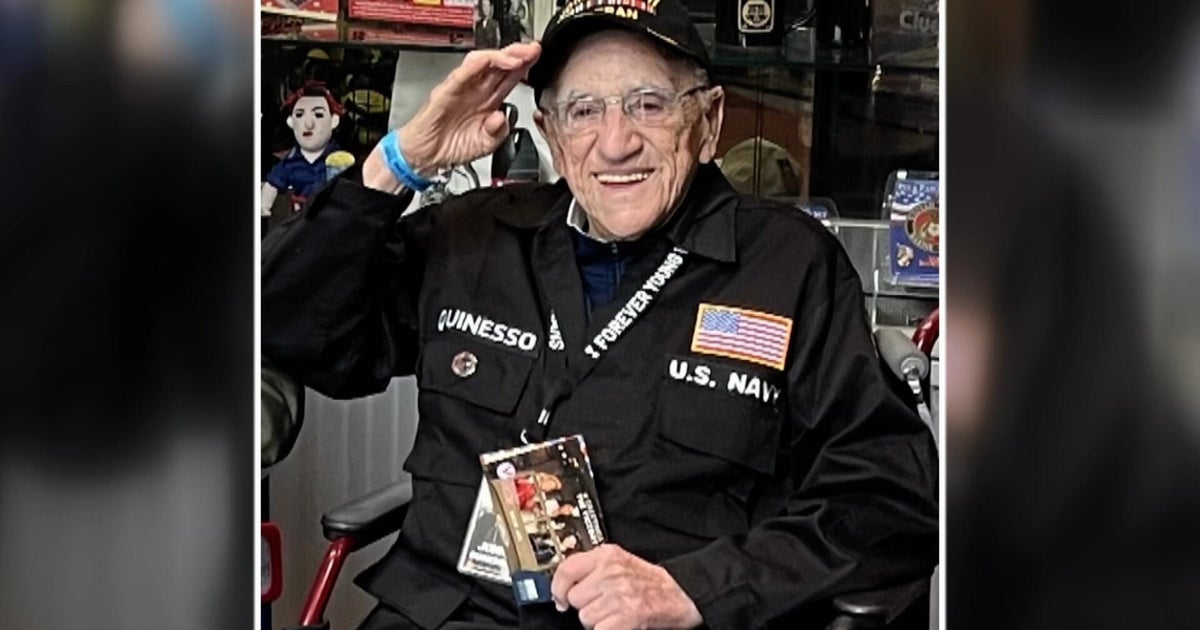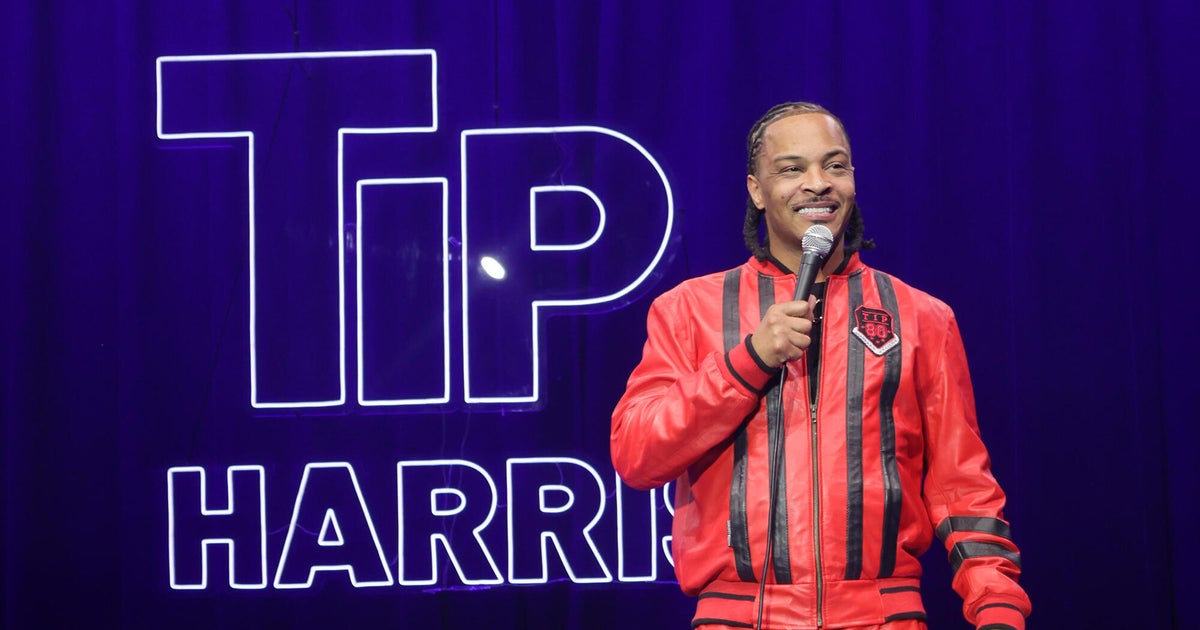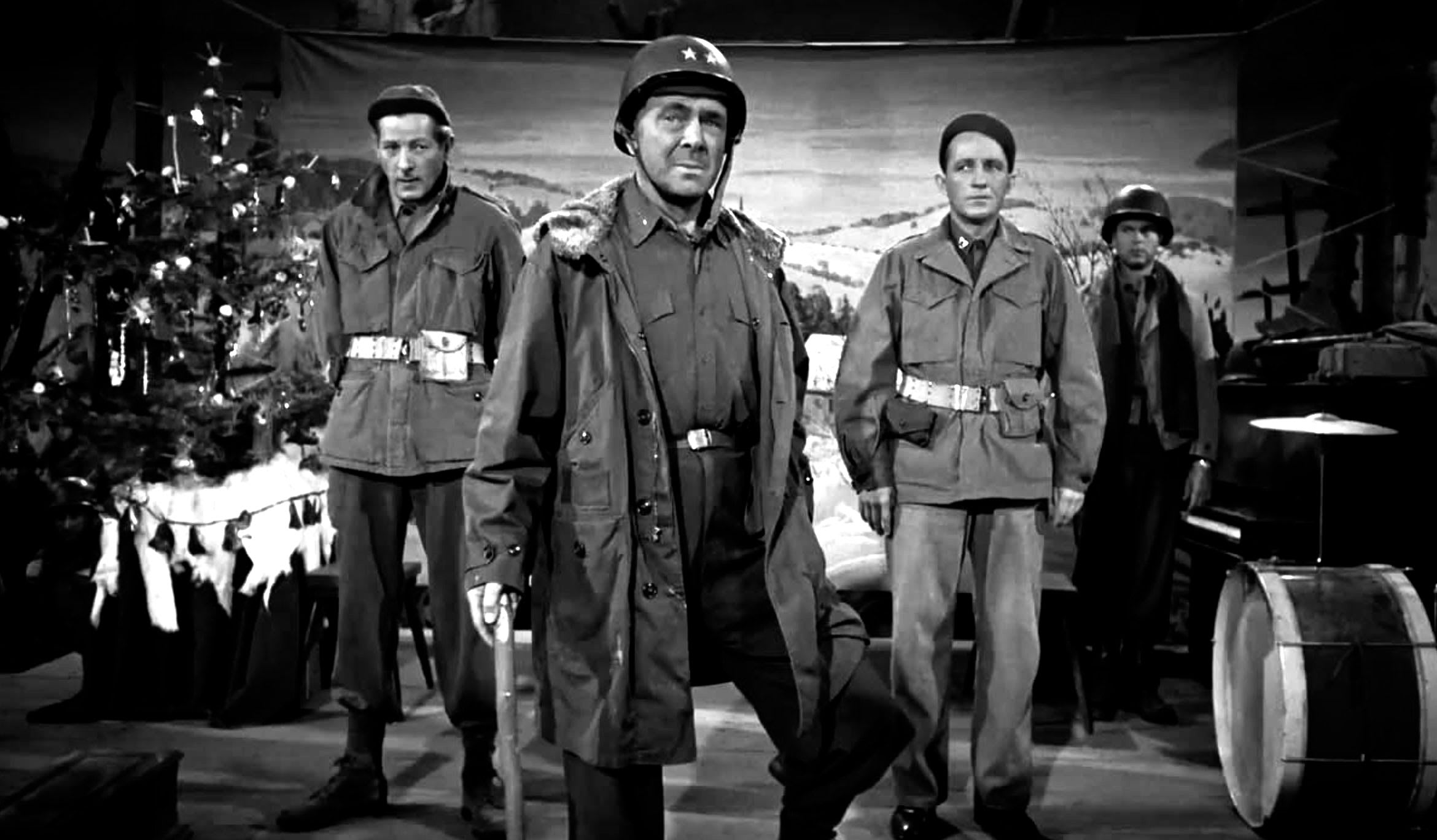Mark Harris explores when filmmakers went to war with "Five Came Back"
Writer and prolific tweeter Mark Harris brings his book “Five Came Back” to Netflix. The three-part documentary -- featuring Steven Spielberg, Francis Ford Coppola and Guillermo Del Toro and narrated by Meryl Streep -- debuted on Netflix Friday.
The series chronicles how the government enlisted top Hollywood directors Frank Capra, John Huston, John Ford, William Wyler and George Stevens to help win World War II through propaganda efforts -- something Harris tells CBS News he couldn’t see happening today.
Why do you think World War II continues to be such an attractive topic for filmmakers?
Obviously it helps that it was inherently dramatic. I think for some filmmakers, making a war movie is almost like a test of their mettle. It’s a big, big challenge. I’m sure Christopher Nolan was tested by doing “Dunkirk” in ways that are not exactly equivalent to the way he has been tested on other movies. I think for some filmmakers, war movies are like a proving ground. You want one on your resume. And World War II is, I think, a pretty natural place to go. You can make a World War II movie that is free of politics. You don’t have to, but for some filmmakers that is part of the appeal.
It’s a much different situation than, say, the Vietnam War, though there have been plenty of movies about that -- just not nearly as many.
I mean, you could make a Vietnam movie that’s free of politics, but if you’re doing that then you’re making a political Vietnam movie. I don’t think the same thing is true with World War II movies. Also, unlike Vietnam, it’s not all in one place. You could make a World War II movie in the Pacific or in England or in Germany or in Russia. It really was a world war. Anywhere you want to go in the world, there’s a story to tell.
There were also some less serious attempts at propaganda coming out of Hollywood during the war, like Glenn Tryon’s “That Nazty Nuisance” in 1943.
People took a lot of different approaches to depicting the Nazi menace in Hollywood, and that could range from making them flat-out terrifying monsters to trying to diminish them, making them boobs or incompetent via satire. There were people straight through the war who said -- even about things like “The Great Dictator” -- basically, “Don’t make like of this, don’t make fun of it. It’s too dangerous.”
Considering how much both Hollywood and Washington have changed, could you imagine the current administration making similar requests from Hollywood studios?
Oh God. Let’s hope it doesn’t come to that. We have such a higher degree of skepticism now, and we also have so many more ways to get our information that I can’t imagine the current government -- especially with its deep cynicism about the value of independent news -- recruiting anyone to try to do this. And I can’t really imagine a lot of first-tier filmmakers saying, “Sure, all hands on deck for you.” I could certainly imagine filmmakers independent of the government taking it upon themselves to say, “I’m going to pick up my camera and go tell the truth about the world.” We have lots of documentarians who do that now.
You spend a lot of time on Twitter. How do you remain an active part of the social media conversation and still get your work done?
Well, I don’t smoke, so Twitter is my cigarette break. When you see me on Twitter, you’re seeing me procrastinate. I try to use Twitter as a fairly pure expression of what I’m interested in, whether that’s politics or movies or TV. And in the last year, it got very, very political.
I meet so many young journalists and writers now who think they need to have a “brand,” which is not a word that I ever experienced when I was coming up in journalism. You can’t get too concerned with that because the thing that you’re doing while you’re supposed to be working just because you’re interested in it often turns out to be the thing you should be doing. Trust what you’re chasing to lead you in an interesting direction. That’s definitely what Twitter has been for me.



